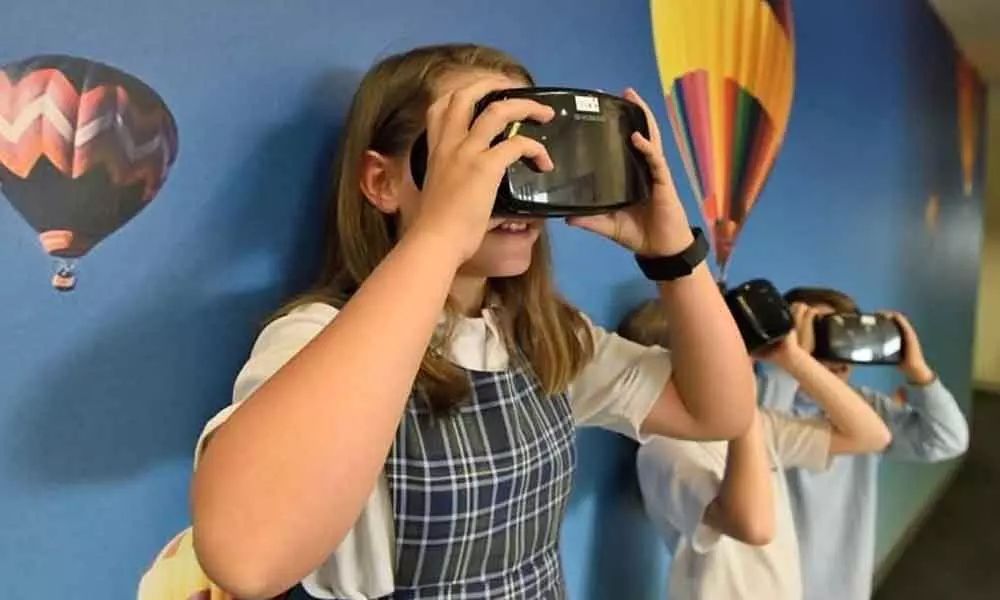Bring in the best in your children

In the midst of a global health crisis, one can’t help but notice that parents are focused on an important set of people -- their children
In the midst of a global health crisis, one can't help but notice that parents are focused on an important set of people -- their children.
As human beings we adopt, learn anything better when younger. For example our First language or mother tongue, which nobody teaches kids to speak but they lear it anyway.
Unicef in 2017 launched the campaign #EarlyMomentsMattter, a campaign supported by the LEGO Foundation to drive awareness about the importance of the first 1,000 days of a child's life and the impact of early experiences on the developing brain.
During this critical window of opportunity, brain cells can make up to 1,000 new connections every second – a once-in-a-lifetime speed.
These connections contribute to children's brain function and learning, and lay the foundation for their future health and happiness.
A lack of nurturing care – which includes adequate nutrition, stimulation, love and protection from stress and violence – can impede the development of these critical connections.
"Mothers are universally designated as their child's first teacher and they have the unique chance to spend quality time at home with their kids during the lockdown.
To make the best use of this opportunity, a lot of mothers have to navigate how our little ones will learn and play at home. And make no mistake, there are both equally important for the wholesome development for your child," says Divya Gokulnath.
Here are some the tips one can incorporate in a child's routine to help them learn:
Structure: Similar to a work from home routine, it is important that children have a routine to their day even if they're not going to school.
Setting a timetable that mimics their school-time routine is the easiest way to do this. This could include the same sleep-wake times, study hours and play activities (recreation plays a big role in a child's learning too).
Space: Using space around the house creatively can also break the monotony for children. Keeping the boundaries fluid and letting the child learn wherever he feels comfortable in the house - be it the dining table, the balcony, the garden or the study.
Learn: There are a lot of options when it comes down to what to learn from home. They range from topics which will help in school to exploring the child's interests.
Once you have a list of topics, you have the world's resources on the internet that can help navigate it. You can start by watching videos on the topic then move on to finding real-life examples and lastly quiz each other on the topic to test comprehension.With the availability of abundant online platforms and learning aids, this is easier than ever before.
How playtime helps in early learning: There's more to a child's playtime than meets the eye. Sometimes, mothers tend to think that playtime for children is limited to a form of entertainment.
Homework or chores may be given more preference and children's playtime may not be seen as being productive. However, playtime actually helps in the holistic development of children. Young minds talk, cooperate with one another, assert their points, listen to parents and learn, all during playtime.
Toys can go a long way in boosting your child's creative side: The toys that children play with are more complex than we think. There is a lot of thought put behind them when they are designed and they are designed to boost creativity and help children explore different methods of play by allowing trial and error.
In many cases, toys are designed to specifically appeal to the imagination of children by means of being open ended.
A set of building blocks doesn't make up one specific model, instead, the blocks can be used to make various different things like buildings, cars, or whatever the young eager minds of children can conjure up.














